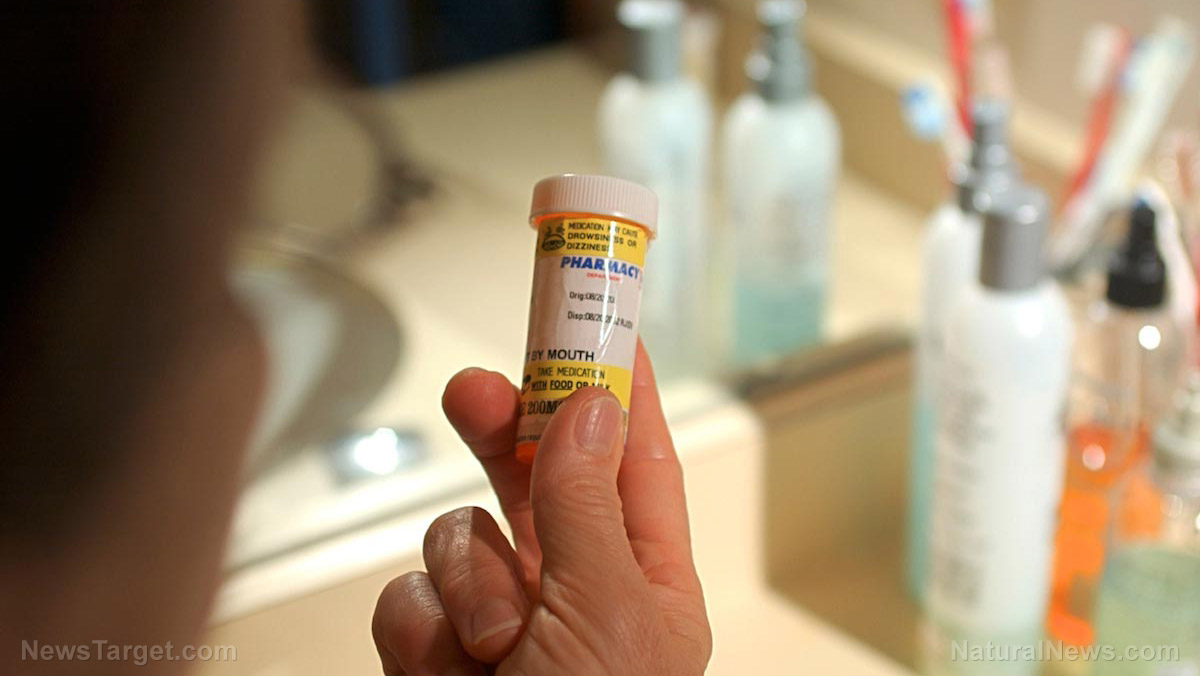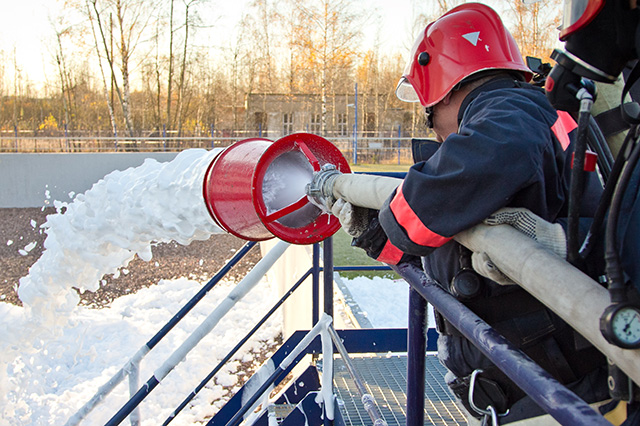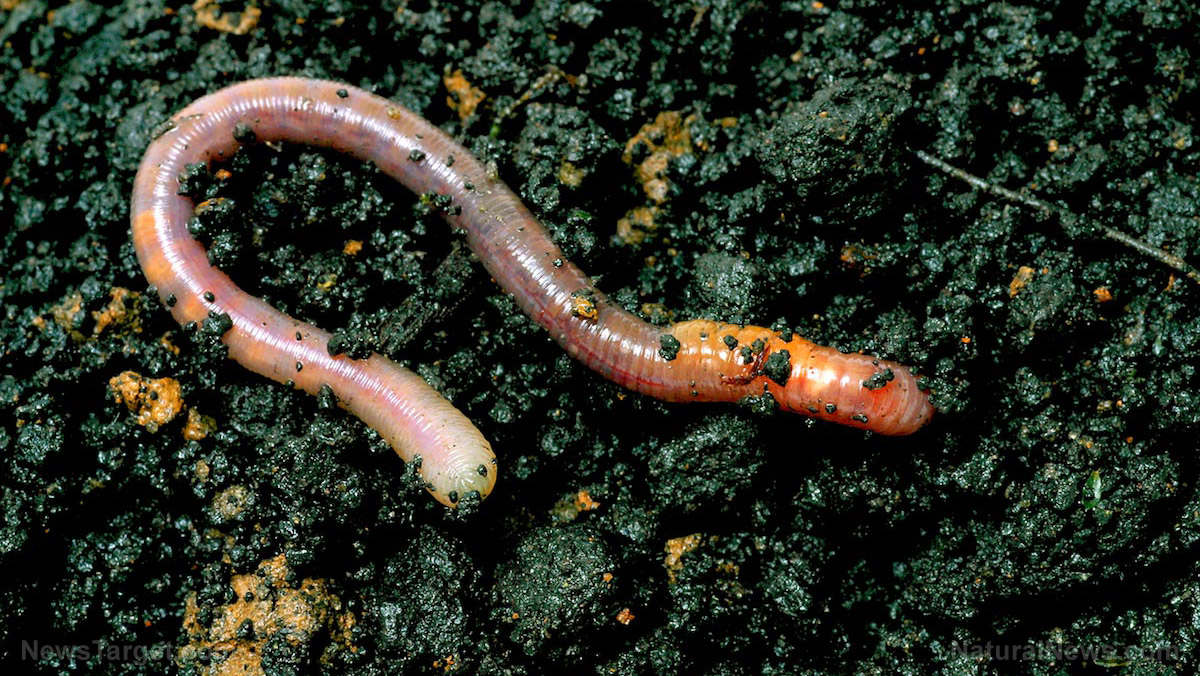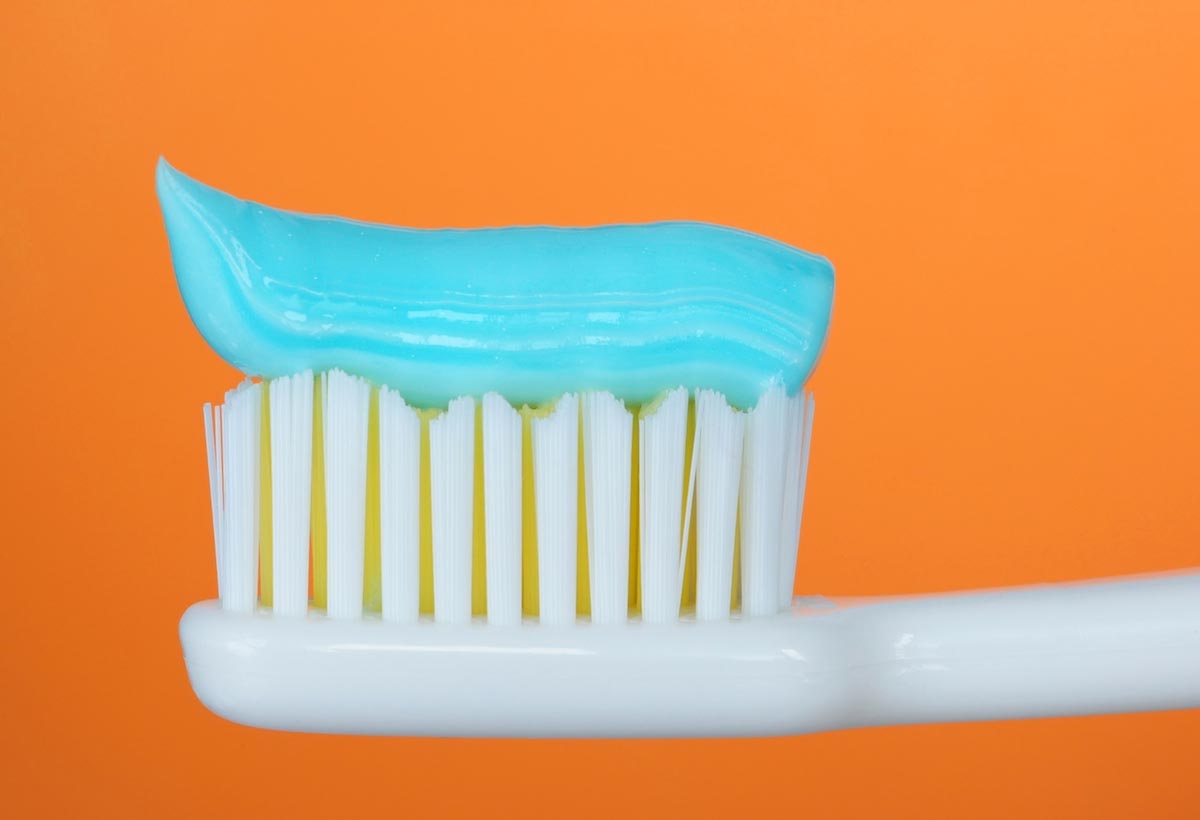Study: Exposure to pesticides during pregnancy increases a child’s risk of autism by nearly 10 percent
07/28/2019 / By Tracey Watson

According to statistics presented by the Autism Society, autism spectrum disorder (ASD) is the fastest growing developmental disability in the United States, with one in 59 children now being diagnosed with a form of this condition. Shockingly, the number of people diagnosed with ASD increased by over 119 percent between 2000 and 2010.
“Experts” would have us believe that ASD is a “largely genetic” condition, however these dramatic increases clearly indicate that something else has to be contributing to the fact that over 3.5 million Americans now live with some form of autism spectrum disorder.
A recent study suggests that one possible contributing factor may be prenatal and early childhood exposure to pesticides, which the researchers claim can increase risk of an autism spectrum disorder by nearly 10 percent.
The study was conducted by researchers from the University of California, Los Angeles (UCLA), and published in the highly respected British Medical Journal (BMJ). (Related: Six causes of autism and a multi-faceted approach to treatment.)
What is ASD?
As explained by the U.K.’s Daily Mail, ASD is a developmental disorder which results in sufferers experiencing behavioral issues and struggling to communicate.
ASD is not one specific disease, but incorporates several conditions, including childhood disintegrative disorder, Asperger’s syndrome and autism. The severity of symptoms varies from patient to patient.
Children normally exhibit the trademark symptoms of ASD, which include repetitive movements, lack of eye contact and an inability to respond to their names, before the age of 2.
There is no known cure for ASD.
Early pesticide exposure linked to increased risk of ASD
For their study, the UCLA research team set out to build on earlier studies which had already confirmed a link between prenatal pesticide exposure and abnormal brain development.
The Mail explains how the study was conducted:
[T]he team looked at nearly 3,000 patients diagnosed with ASD, 445 of whom also had an intellectual disability.
To compare, they included more than 35,000 patients who were not diagnosed with ASD.
The participants were born between 1998 and 2010 in the California Central Valley, an agricultural area. About 80 percent of the children were boys.
Using data from the state’s Pesticide Use Registry, researchers analyzed exposure the patients would have had before they were born and during their infancy to 11 common pesticides.
The research confirmed that children exposed to pesticides in the womb or in the first year of their lives were about 8 percent more likely to develop some form of ASD – an increase in risk which the team considered to be “slight.”
However, the study’s most shocking conclusion was that the risk of an ASD diagnosis combined with an intellectual disability, which would include problems with conceptualization, as well as impaired social and practical skills, increased by a staggering 50 percent.
In their study abstract the authors conclude:
Findings suggest that an offspring’s risk of autism spectrum disorder increases following prenatal exposure to ambient pesticides within 2000 m of their mother’s residence during pregnancy, compared with offspring of women from the same agricultural region without such exposure. Infant exposure could further increase risks for autism spectrum disorder with comorbid intellectual disability.
Exposure to pesticides and herbicides like glyphosate – the main ingredient in Roundup, the world’s most popular weed killer – has already been confirmed to increase risk of a wide range of illnesses, including respiratory problems and cancer. (Related: Study reveals that pesticides are linked to an increased risk of heart disease.)
This study provides yet another reason why these toxic chemicals should no longer be permitted for use in conventional farming. Learn more about the proven causes of autism and steps that can be taken to avoid it at AutismTruthNews.com.
Sources for this article include:
Tagged Under: ASD, autism, Autism spectrum disorder, chemicals, child development, childhood diseases, disease causes, environment, exposure, glyphosate, herbicides, mental health, mind body science, neurological damage, parenting, pesticide exposure, pregnancy, research, toxic chemicals, women's health
RECENT NEWS & ARTICLES
Chemicals.News is a fact-based public education website published by Chemicals News Features, LLC.
All content copyright © 2018 by Chemicals News Features, LLC.
Contact Us with Tips or Corrections
All trademarks, registered trademarks and servicemarks mentioned on this site are the property of their respective owners.

















